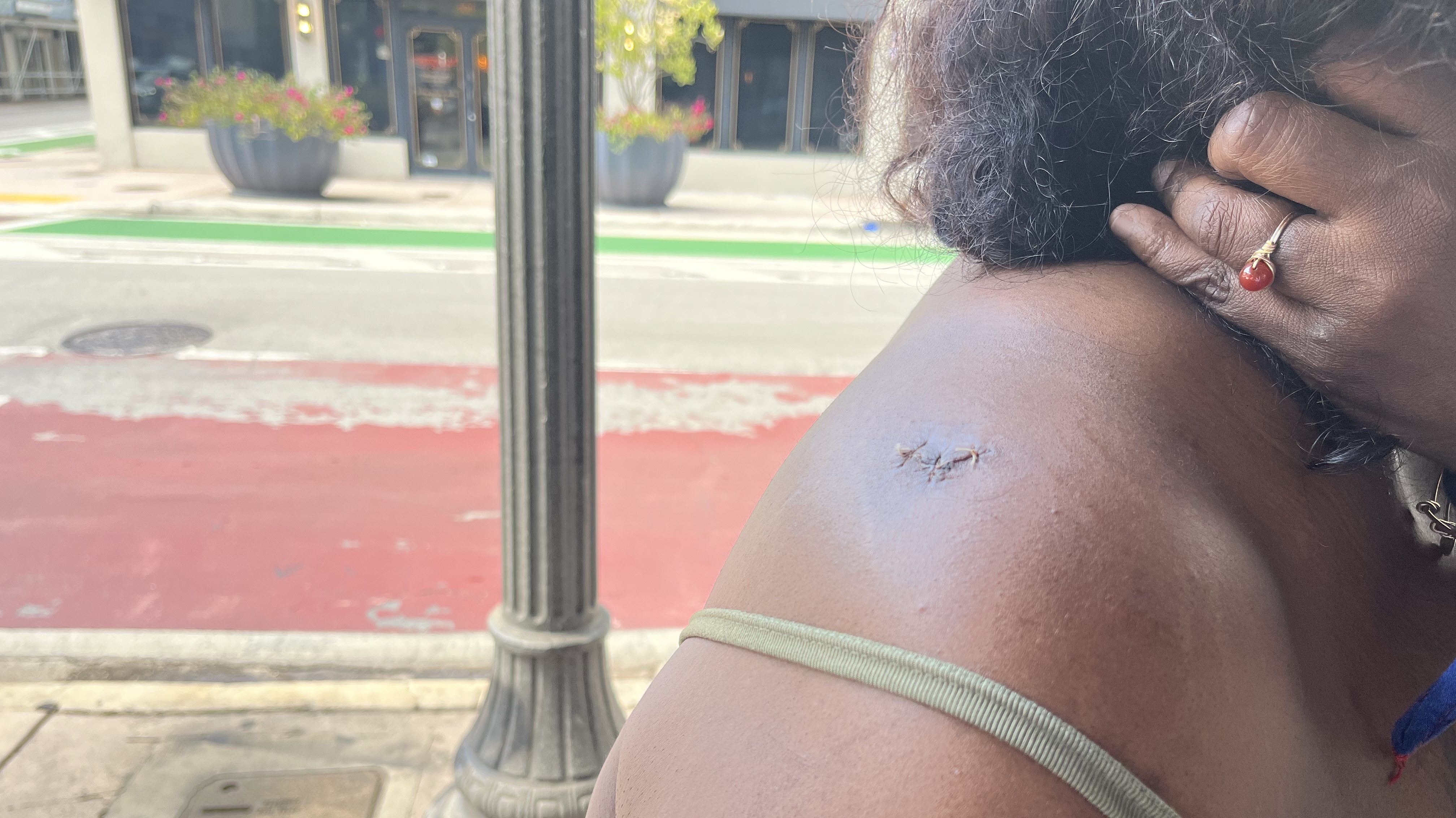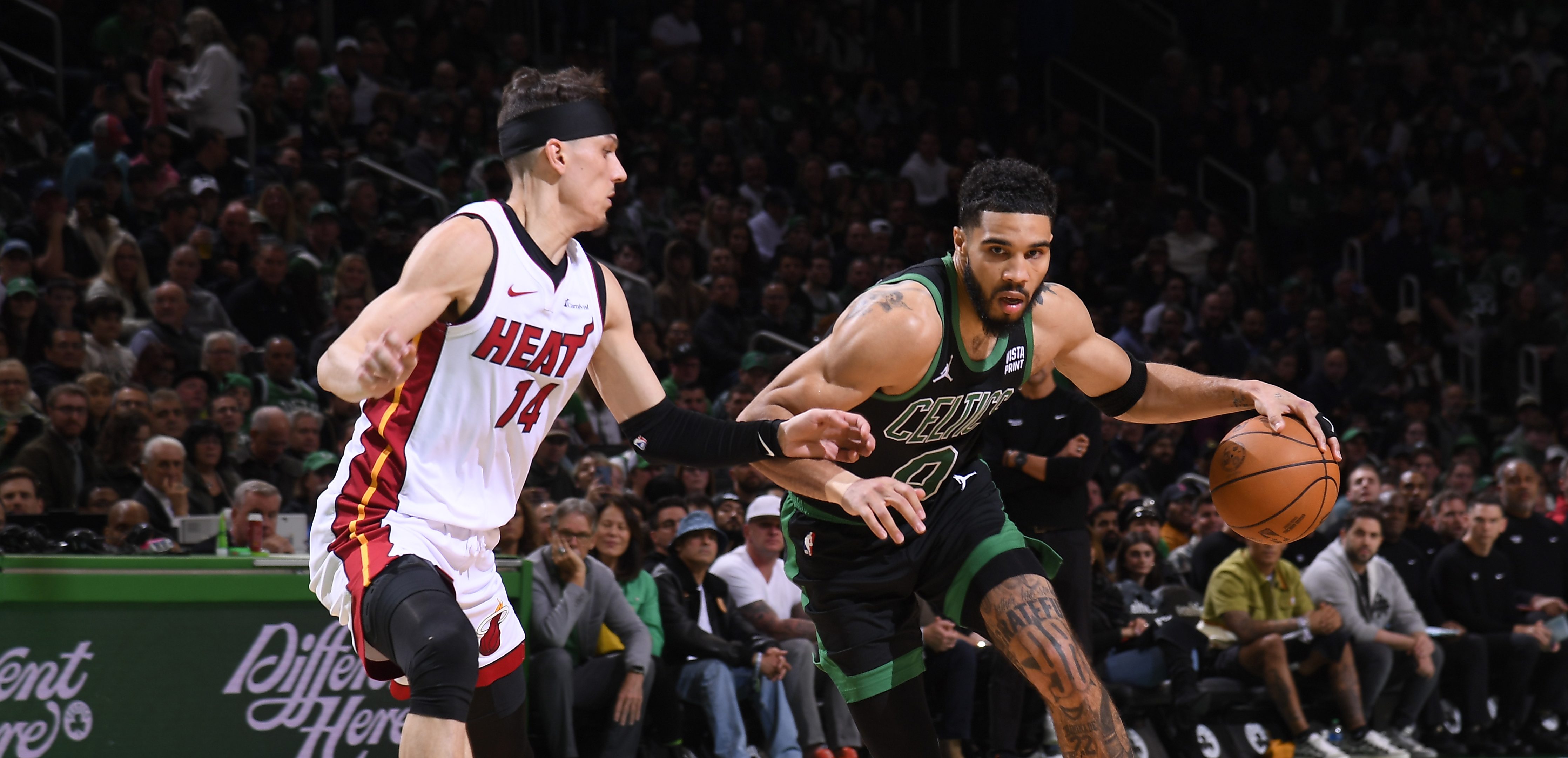A study out of Florida International University explains that the way many people in South Florida speak can be considered a new dialect, and it’s not Spanglish.
You may speak this dialect and not even know it. Chances are if you are Cuban-American or have any Cuban in your family you helped create the dialect.
The dialect is "Only in Dade," so NBC6 went to downtown Coral Gables to see if it exists, and we found it does.
According to FIU, the dialect incorporates what linguists call "calques" or borrowed translations from the speaker’s native language, in this case Spanish. Most of the time it is a literal translation.
Get South Florida local news, weather forecasts and entertainment stories to your inbox. Sign up for NBC South Florida newsletters.
The FIU professor behind the study, Phillip M. Carter, calls it "Miami English."
"I think it’s resignation because people want to feel seen," said Carter, an FIU Professor of Linguistics and English. "They want their language to feel legitimated."
They are certainly being seen now. The study, which took more than a decade, has quickly taken off with TikToks and news articles being viewed by millions.
Local
"We know that folk who are in the immigrant community use these types of translations in their speech, but what we found is that these expressions get passed down to the second and third generation, people who are native speakers of English,” explained Carter.
Carter says the majority of people who use this dialect are 3rd and 4th generation Cuban-Americans who were born in the Miami area.
"Miami is its own little country. So it’s fair that we have our own dialect,” said one Miami native NBC6 spoke to.
The professor stresses that "new" is relative, saying his studies show the dialect emerged over the past 50-60 years. FIU plans to continue the study to determine if groups outside of Cubans speak with this dialect.



